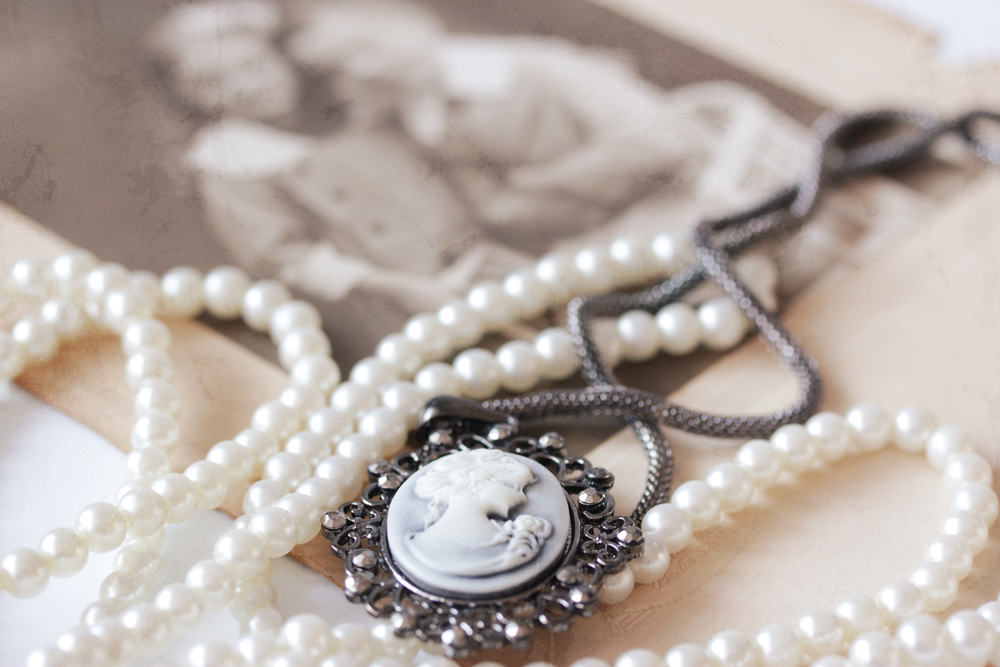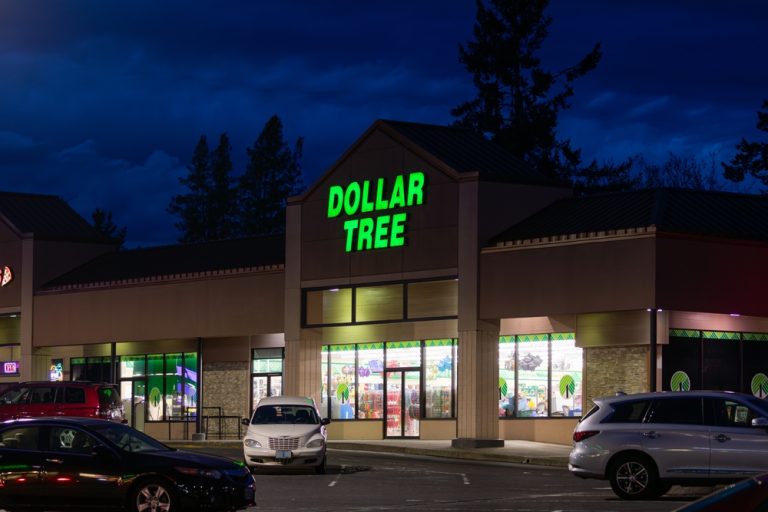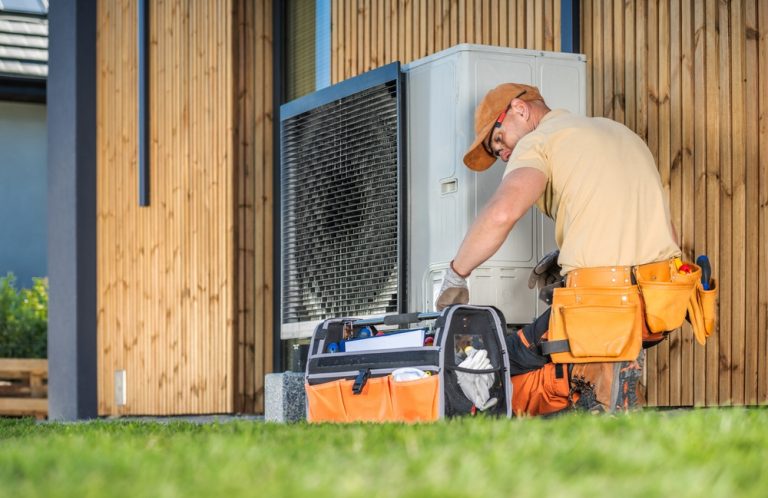Ready to find out more about the things to never buy from the thrift store?
If we take a quick look at the retail industry, we can easily see that thrift stores are an important part, and people love them for the unique shopping experience and the affordable prices. The thrill of the hunt, the joy of discovering a one-of-a-kind treasure, and the satisfaction of saving money are powerful motivators. But while the potential for a great find is always there, it’s crucial to shop with a discerning eye, because there are some things to never buy from the thrift store for very important safety, hygiene, and functionality reasons.
The “re-commerce” market is more popular than ever, and if we look at the statistics, there are more than 25,000 retailers all around the United States. This burgeoning industry encompasses a wide variety of store types. Some call them thrift shops, which are often run by charitable organizations like Goodwill or The Salvation Army. Others prefer non-profit shops with a specific community focus, or even for-profit consignment shops where individuals get a percentage of the sale price. But no matter the name or business model, they all have the same fundamental purpose: to give pre-owned goods a second life.
Each year, thrift stores prevent millions of pounds of clothes and other household items from ending up in landfills, a significant contribution to environmental sustainability. This practice not only conserves resources but also reduces the carbon footprint associated with manufacturing new products. Furthermore, these stores often promote neighborhood development by providing jobs and are frequently connected to nearby nonprofit organizations, funneling their proceeds back into vital community services.
And even if you can buy some good stuff, such as high-quality denim, unique home decor, or even a new couch (with careful inspection!), you should know what things to never buy from the thrift store. Arming yourself with this knowledge ensures your thrifting adventures remain fun, safe, and truly rewarding, without any unpleasant surprises after you get home.

1. Stuffed animals and other plushies
Even if they are quite popular and people prefer to buy them for such cheap prices, plushies are one of the things to never buy from the thrift store. Their soft, porous nature makes them incredibly difficult to sanitize properly, and you can’t be sure of the environment they came from.
We know that some brand-new toys can be costly, especially for popular characters, and when you see one for less than half the price, you are tempted to buy it; it’s a bargain after all, but we think it is a better idea to always buy them new. The potential risks simply outweigh the savings. Think about where that toy has been—it could have been a sick child’s comfort object, a dog’s chew toy, or stored in a dusty, damp attic for years.
These cute plushies are the perfect home for dust mites, bed bugs, mold, mildew, and many other pests, and you don’t want to bring them home. A simple wash in a machine might not be enough to kill all the embedded allergens or resilient pests like bed bug eggs. Also, they are dangerous for kids and can trigger various conditions, including severe asthma attacks, allergic reactions, and skin irritation.
Moreover, given their age, these toys can carry hazardous materials or substances harmful to the young. Older plushies might not conform to modern safety standards. They could contain small parts like button eyes that can easily be pulled off and become a choking hazard, or they might be made with flammable materials that are now banned in children’s toys. Purchasing plushie toys from the shop is preferable if you want to protect the health and safety of the children in your life.
2. Vaccum cleaners
Your vacuum cleaner is probably your best find when you’re cleaning your house. And if you like to have a tidy home, you know how important a performant vacuum cleaner is for removing dust, pet dander, and other allergens effectively. A weak or malfunctioning vacuum doesn’t just fail to clean; it can actually make your air quality worse by kicking up particles without capturing them.
These machines are made from different sensible parts, such as filters, tubes, belts, and hoses, that need to be in exceptional condition to be able to keep all the dust particles inside and never let them out in the air. A cracked hose, a worn-out belt, or a hopelessly clogged filter can render the machine nearly useless. Often, replacement parts for older or obscure models are expensive or impossible to find, turning your thrift store bargain into a frustrating and costly project.
This is the exact reason why vacuum cleaners are on the list of things to never buy from the thrift store. You have no idea what the previous owner used it to clean up, and the unit could be harboring mold spores, flea eggs, or other unsanitary residues deep within its internal components. Only testing will tell you whether these components are functioning correctly, and even then, a quick plug-in test at the store might not reveal deeper issues like a motor that overheats after ten minutes of use. Therefore, it’s best to get a new one rather than compromise your health and home’s cleanliness.
If you want to be sure that you bought a good vacuum cleaner that is safe to use and that has customer service and warranties, you better buy a brand-new one. A new vacuum comes with the manufacturer’s guarantee of performance, clean filters, and access to support if anything goes wrong. In this way, you can be sure that your money was well spent on a tool that will effectively keep your home healthy and clean for years to come.
3. Underwear and swimsuits
This is one of those things that just kind of makes sense without any further explanation. For fundamental hygiene reasons, undergarments are simply some of the things to never buy from the thrift store. Underwear that has been used before can be, first of all, unhygienic, and second, you might not feel comfortable wearing something that has been in such close contact with a stranger’s body.
Even if they seem new and still have the tags on, this doesn’t mean that the underwear has not been used before, and it can carry bacteria and other germs from the previous owner. It’s not uncommon for people to try on items, wear them once, and then return them. These garments can harbor microscopic bacteria and fungi that can cause disease and skin infections, such as yeast infections, staph infections, or public lice. We are sure you don’t want that risk for the sake of saving a few dollars.
Also, swimsuits are another one of the things to never buy from the thrift store. It is all based on all the reasoning behind what we already told you about the underwear, but when you add up some water, things can turn out even worse. Bacteria thrive in damp, warm environments, and this increases your chances of getting a disease. The porous fabric of a swimsuit liner is notoriously difficult to fully sanitize once it’s been worn.
Furthermore, the materials in swimwear, like elastane and lycra, degrade over time with exposure to chlorine, salt, and sun. A used swimsuit will likely have lost much of its elasticity and shape, meaning it could not fit you well in terms of size, which means you won’t get the comfort and support you need from a swimsuit. It’s always preferable to spend money on something better and new for your comfort, hygiene, and well-being.
4. Car seats and baby cribs
If you enter a thrift shop, it is not that unusual to stumble on a baby crib or a car seat. Both are items that people use for a limited amount of time, and after that, they become more or less useless to the family. It seems like a smart, sustainable choice to pass them on. However, when it comes to the safety of a child, there is no room for uncertainty.
But these are definitely some of the things to never buy from the thrift store because if they are damaged or outdated, they can put the lives of the babies in danger. You have no way of knowing the complete history of a used safety device. Even a well-meaning donor might not realize that their item is no longer considered safe by current standards.
It’s possible that older cribs don’t comply with modern safety regulations, such as those requiring drop-side bars or certain slat spacing. In the U.S., drop-side cribs were banned in 2011 due to numerous associated infant deaths and injuries. An older crib might also have slats that are too far apart, creating a risk of head entrapment, or be finished with lead-based paint. Car seats may not adequately protect a child in an accident if they have expired or have been in a prior crash. The plastic on a car seat degrades over time, becoming brittle, which is why all seats have a stamped expiration date. Critically, a seat that has been in even a minor car crash must be replaced, as unseen stress fractures can compromise its ability to perform in a subsequent accident.
That being said, we don’t recommend you thrift for anything safety-related. This includes bike helmets, ski helmets, or any other protective gear. It’s impossible to verify the integrity and history of these items. Better buy the items new, and in this way, you can ensure they meet all current safety standards and have their full structural integrity intact. Nobody wants to have their lives put in danger because of inadequate or compromised equipment.
5. China and vintage crystal
Maybe this is a surprising fact, but vintage porcelain or crystal that is sold at thrift stores could include traces of lead that are harmful to people. This is particularly true for items manufactured before the 1970s, when regulations on using lead in consumer goods became much stricter. That beautiful, heavy, ornate dishware might pose an invisible risk.
Up until the late 20th century, lead was frequently added to glass to give crystal an extra layer of weight, sparkle, and clarity. Similarly, lead was a common component in the glazes and decorative paints used on ceramic and china dinnerware. The danger is that this lead can leach out of the item and into your food, especially if the food is acidic (like coffee, tomato sauce, or orange juice) or hot. Thrift stores might not have the resources or experience to identify ancient crystals or lead-glazed ceramics, and it can be challenging to confirm their authenticity or safety without the right knowledge or tools.
If you need to identify whether your crystal has lead in it or not, you can use the following tip: Take a knife or your fingernail and gently tap it. If it makes a long, clear chiming sound, it is most probably lead crystal. If the sound is duller and shorter, you probably have some regular glass. However, this method is not foolproof, and it doesn’t work for ceramics. While home lead-testing kits exist, their accuracy can be questionable. For these reasons, it’s safest to assume that any vintage dishware is for decorative purposes only.
6. Skincare products and makeup
If you want to keep a skincare routine, you will need some products, and the prices that you can find in a thrift store might make you think that it is a good idea to purchase your products there. Seeing a high-end brand of moisturizer or a full palette of eyeshadow for a few dollars is certainly tempting. But is it a good idea?
Experts say not at all. They consider makeup and skincare products some of the things to never buy from the thrift store. Generally speaking, it is not advised to purchase skincare or beauty goods from thrift stores since there is a chance that they may be contaminated or expired. You have no way of knowing if the product has been opened, used, or tested by previous people. Sharing makeup, especially products used near the eyes or mouth, is a direct route for transmitting bacteria and viruses, potentially leading to pink eye, sties, cold sores, or other infections.
If you use expired makeup or skincare, there is a chance that you will get some type of reaction, such as irritation, rashes, breakouts, or even a serious infection. Preservatives in these products break down over time, allowing bacteria to grow. Furthermore, active ingredients, like Vitamin C or retinol in skincare, lose their potency once opened and exposed to air and light, rendering the product ineffective at best and irritating at worst. It’s also possible that certain items have had their labels changed or mislabeled, or they could even be counterfeit products. This makes it challenging to determine what is inside the item and whether it is safe or not to put on your skin.

7. Electronics
Second-hand electronics are one of the main draws of thrift shops. The shelves are often filled with blenders, toasters, lamps, stereos, and computer monitors. While that isn’t always the case, you may occasionally get branded, high-quality products at a significant discount, which can feel like a major win.
But if you ask us, electronics are among the things to never buy from the thrift store unless you are willing to take a significant gamble. Many thrift stores have a very limited ability to test these items beyond simply plugging them in to see if they turn on. This simple test won’t reveal a toaster that doesn’t heat evenly, a blender motor that struggles under a real load, or a speaker that crackles at high volume. Before making any big purchases from a thrift store, make sure to do your research carefully. Only a few items can be repaired for a good price or function properly.
A major concern with used electronics is safety. Frayed cords, loose wiring, or faulty internal components can pose a serious risk of electrical shock or fire. Furthermore, most thrift stores sell electronics “as-is” with a strict no-return policy. If you get your new-to-you gadget home and it doesn’t work, or it fails after a week, you’re simply out of the money you spent. It is wise to keep purchasing new devices since doing so will ultimately save you a great deal of hassle, and provide you with a warranty and the peace of mind that comes with a safe, fully functional product.
If you need a new vacuum cleaner, this one is a good choice: Eureka Lightweight Powerful Upright Vacuum Cleaner for Carpet and Hard Floor
You should also read: 6 Amazing Online Shopping Hacks to Save Hundreds of Dollars














